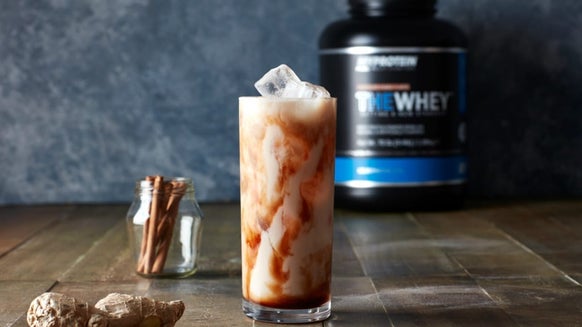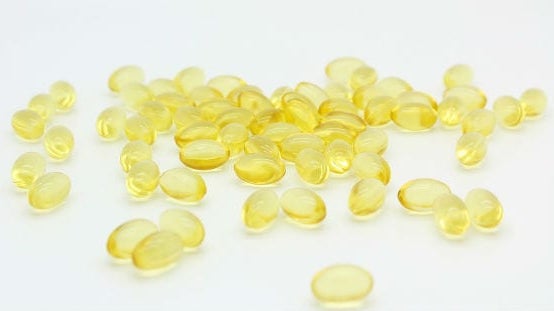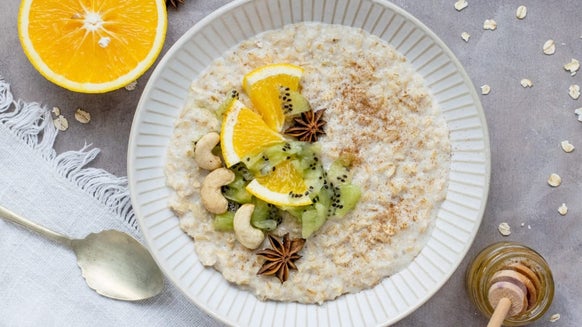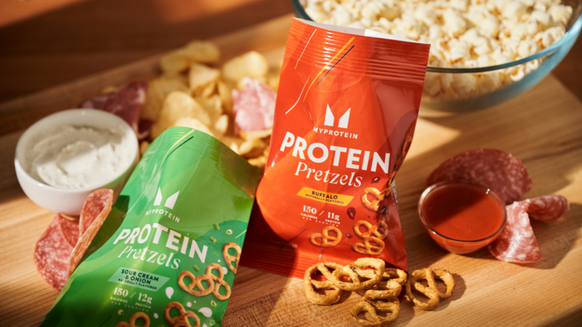How Trying Dry January Now Can Help You Later

It's January once again and many are beginning the new year with an old tradition: Dry January. If you haven't heard of the campaign, Dry January is a challenge to fully abstain from alcohol during the month of January. The trend began in 2013 as part of an initiative by Alcohol Change UK and has grown in popularity since its inception. What began as 4,000 people has now gained millions of followers in various countries around the world.
There are many reasons why people choose to take part in Dry January. One of which is the various health benefits, both mental and physical, you can reap from participating.
Long-term Benefits
Although alcohol consumption is hyper-normalized in our society, the substance poses many real threats to health. Alcohol consumption is associated with the development of several types of cancer and is classified as a Group 1 carcinogen.1 The drug is also a major cause of preventable death, with over-consumption leading to diseases like liver cancer and fatty liver disease.1 Alcohol can increase your risk of developing major health problems even when consumed in small amounts.1
Abstaining from alcohol for even a short period of time like a month can have positive ramifications for long-term health and wellness. A 2018 study published in BMJ Open demonstrated that for moderate to heavy drinkers, abstinence from alcohol improves insulin resistance, weight, blood pressure, and cancer-related growth factors.1
Dry January helps spread awareness of the dangers of alcohol and allows people to reflect on how much alcohol consumption affects their lives. By avoiding alcohol for one month, people do not just experience some short-term health benefits, but can potentially achieve serious long-term ones as well if they continue with periods of abstaining in the future.
Self-Discipline
Another great reason to join in on Dry January is that it strengthens self-control. By joining the campaign, you are committing yourself to accomplish a challenge, and pushing yourself towards a goal. If you can make it through Dry January, you might even feel motivated to keep going and continue making healthy changes in your life throughout the year. This mental aspect of the no-alcohol trend allows participants to recognize their own success, and be motivated to accomplish even more.
Coping Mechanisms
So we all know that drinking is an unhealthy habit, but the physical effects of alcohol are not the only unhealthy aspect of the social practice. Many of the reasons why people drink are just as detrimental. Many use drinking as a coping mechanism when they want to escape their lives or numb their pain. But by doing this, you are avoiding problems in your life rather than dealing with them head-on. Like other drugs, alcohol is often used as a scapegoat for issues that need to be addressed.
During Dry January, participants can no longer use alcohol as a means of coping with difficult things in life. This can encourage participants to adopt healthier coping strategies that will become useful long-term such as therapy, meditation, or forms of self-expression. And with positive results, many will begin to turn to these coping mechanisms over drinking in the future.
Setting Healthy Habits
Dry January may not seem like it will be useful in the long run; it is only a month-long commitment after all. But the beauty of the campaign is that it forces participants to change their habits, and will allow for the adoption of healthier habits, which people can maintain even after the challenge is over.
In the same study published in BMJ Open, in addition to analyzing the long-term health benefits of Dry January, researchers followed up with participants 6-8 months after the challenge was over. They found that those who participated had a significant reduction in alcohol consumption.1
This is not surprising as many participants of the Dry January challenge continue on with abstaining from alcohol because of the many positive, short-term effects they've seen as a result of the challenge. Some positive effects people have experienced include improved sleep quality, weight loss, and increased energy.2
Additionally, some people end up adopting other healthy habits as well. According to a study on Dry January campaigns, published in the Harm Reduction Journal, participants of past Dry January challenges have reported that they also tried to increase their physical activity and improve their diets while taking part in the movement.2
Thus, Dry January is not just about alcohol but is a period in which people are motivated to improve their overall well-being and set healthy habits to take them through the rest of the year.
Take Home Message
Overall, Dry January can have positive effects on the body and mind, and allow you to adopt healthier habits you can use for any month of the year. The challenge specifically gives people an opportunity to look at the involvement of alcohol in their lives, and decide if that's something they want to improve upon. If you're looking to make positive changes and learn something about yourself, give Dry January a try and see what it can do for you.
READ THESE NEXT:
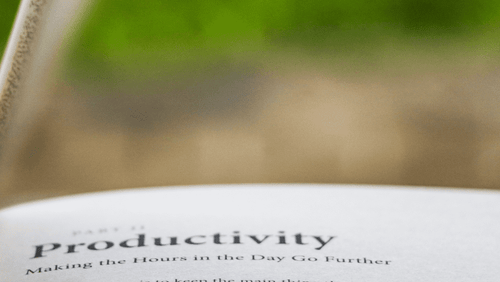
Tips for Productivity | Start the New Year Off With a Bang
What the research says about how to be productive this new year.

This Week's Top Studies: Sleep, Gut Function, & the Genetics Behind Obesity
Learn about sleep patterns, gut types, and a genetic link to obesity in this week's top studies.

Creating the Perfect Workout Playlist
Need some good music for your next workout? We got you covered...

A Rutgers University Honors graduate, Jamie grew up on the Jersey shore and double majored in Comparative Literature and Anthropology in college. Jamie is an experienced writer in the health and wellness, biotech, and eCommerce fields. She loves writing with a purpose and has even written for the Department of Justice.
Jamie became drawn to exercise during her time in university and began to notice the physical and mental benefits of moving your body daily. Today, Jamie enjoys Pilates, light weight training, and going on long walks in nature daily.
Jamie is also passionate about eating right and prioritizing gut health and immunity. She is always trying the next innovation in health and wellness. When she’s not writing articles, Jamie enjoys reading, playing guitar, and finding dogs to play with.
- Mehta G, Macdonald S, Cronberg A, Rosselli M, Khera-Butler T, Sumpter C, Al-Khatib S, Jain A, Maurice J, Charalambous C, Gander A, Ju C, Hakan T, Sherwood R, Nair D, Jalan R, Moore KP. Short-term abstinence from alcohol and changes in cardiovascular risk factors, liver function tests and cancer-related growth factors: a prospective observational study. BMJ Open. 2018 May 5;8(5):e020673. doi: 10.1136/bmjopen-2017-020673. PMID: 29730627; PMCID: PMC5942469.
- De Ternay J, Leblanc P, Michel P, Benyamina A, Naassila M, Rolland B. One-month alcohol abstinence national campaigns: a scoping review of the harm reduction benefits. Harm Reduct J. 2022 Mar 4;19(1):24. doi: 10.1186/s12954-022-00603-x. PMID: 35246148; PMCID: PMC8895623.

